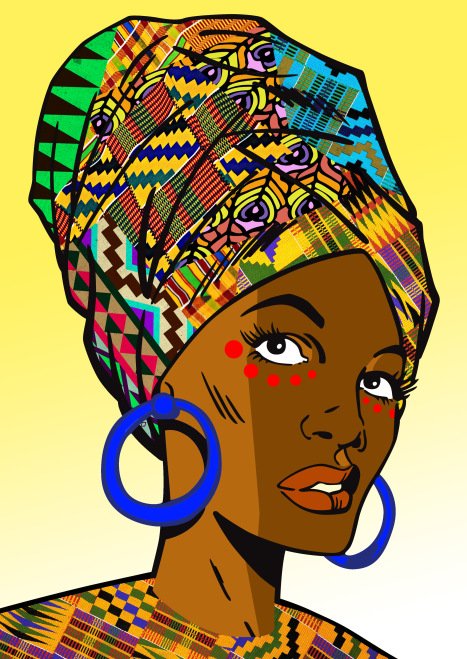Whenever I tell people my ethnic heritage, I am usually met with looks of profound bewilderment and confusion.
“Wow, you don’t look African.”
That’s usually the default response from people when I say that I’m Ivorian. For many of them, being Ivorian just simply isn’t enough, and curious inquisitors will continue to press me about the other half of my ethnic heritage. And I get it- after all, I know I don’t look ‘fully’ Ivorian with my caramel skin and loosely textured curls. But despite my physical appearance not looking typically Ivorian, I have and will always identify as African because that is apart of the culture that I grew up knowing- plain and simple.
The thing is, if we are to base one’s Africanness solely on the basis of having dark skin and Sub-Saharan features, then we begin to isolate Africans who don’t look stereotypically African, and deter any and all efforts for unity on our continent. How can we promote this trajectory of unity and pan-Africanism if we won’t even accept our own people on the basis of physical appearance?
Being African encompasses more than just physical appearance. Being African also encompasses one’s cultural identity, one’s language, how one presents themselves, and how one personally identifies. And if we were to go solely off of physical appearance, then the Arab-Sudanese people wouldn’t be considered African, and neither would Moroccans, Egyptians, or any other North Africans for the matter.
https://www.instagram.com/p/BSOHNmHgnyg/?taken-by=wonderlust.morocco
Africa is an immensely diverse continent that is home to over 2000 languages and 3000 ethnic groups. However, the dominant portrayal of our people in the media is of Sub-Saharan Africans, and there is a constant separation between countries of the Maghreb and Sub-Saharan African countries. But North Africa IS apart of Africa. Arab-Sudanese people ARE African. Mixed race Africans ARE African. Identity does not have to be one fixed label that is attached to you for life- it is fluid and can encompass other aspects of your heritage that might not be as blatantly visible as your physical appearance.
So yes, the question of “What are you” or “Where are you from” might still give me anxiety, but I will always stand my ground and take pride in my African heritage. And as a community, we need to do better instead of isolating people who don’t fit the archetype of what the media says an African is supposed to look like. After all, how will we ever achieve our goal of pan-Africanism and unity if we can’t even accept members of our own community?


